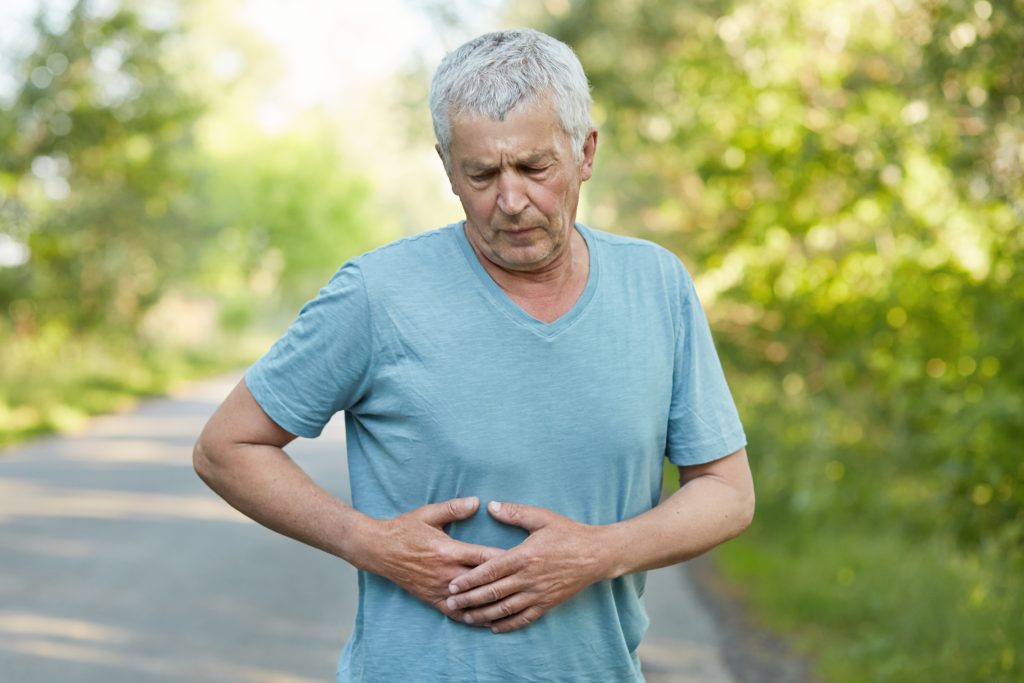Kidney stones are a common health issue that affects both men and women, but research has shown that men are more likely to develop kidney stones than women. In this blog post, we will discuss the reasons why men are more predisposed to kidney stones, as well as the risk factors and symptoms associated with this condition.
One of the main reasons why men are more likely to develop kidney stones is due to their diet. Men are more likely to consume a diet that is high in salt and animal protein, which can increase the risk of developing kidney stones. Studies have also shown that men are more likely to consume a diet that is low in fruits and vegetables, which are rich in vitamins and minerals that can help to prevent kidney stones from forming.

Another reason why men are more predisposed to kidney stones is due to their physiology. The role of serum testosterone levels in male renal stone formation remains controversial. One study aimed to evaluate the relationship between serum testosterone levels and kidney stone prevalence in males. Serum testosterone levels were significantly inversely associated with the prevalence of kidney stones in men over 40 years of age, but no correlation was seen in the 20-40 group. Conclusion was that the role of testosterone in stone formation should be redefined, and its effect should be further verified. https://europepmc.org/article/pmc/pmc9108235
Testosterone replacement therapy (TRT) is associated with an elevated risk of urinary stones, investigators reported at the American Urological Association 2018 annual meeting.
Men are also more likely to be obese, and obesity is another risk factor for kidney stones. Obesity can increase the risk of developing kidney stones because it can lead to changes in the way the body processes nutrients and can also lead to an increase in the amount of calcium in the urine.
Certain medical conditions can also increase a man’s risk of developing kidney stones. For example, men and woman who have had bariatric surgery are at a higher risk of kidney stones because the procedure changes the way the body absorbs and processes nutrients.
Men just like women with a history of kidney stones in their family are also at a higher risk of developing the condition.

What Every Woman Should Know About Kidney Stones
Kidey stones are something that women need to be aware of in order to protect themselves from. Read the whole blog to get a better understanding of What Every Woman Should Know About Kidney Stones.
Certain medications can also increase a man’s risk of kidney stones. For example, diuretics, which are commonly used to treat high blood pressure, can lead to dehydration, which can in turn increase the risk of kidney stones. Additionally, some antibiotics and antipsychotic drugs can increase a man’s risk of developing kidney stones.
Signs & Symptoms of Passing a Kidney Stone
When it comes to the signs and symptoms of kidney stones, men may experience some or all the following:
- Severe pain in the back, side, lower abdomen, or groin
- Blood in the urine
- Nausea and vomiting
- Frequent urination or a burning sensation when urinating
- Fever and chills
If you suspect that you have a kidney stone, it’s important to see a healthcare provider for a proper diagnosis as kidney stone pain can be intense. Your provider will likely order imaging tests, such as a CT scan or an ultrasound, to confirm the presence of a kidney stone and determine its size and location.
To prevent kidney stones from forming, it’s important for men to stay hydrated by drinking plenty of water and other fluids. Aim for at least eight cups of water per day, and avoid beverages that can dehydrate you, such as caffeine and alcohol. Additionally, men should also limit their intake of salt, animal protein and increase consumption of fruits and vegetables. Limiting the intake of processed foods and consume less sugar can also help in preventing kidney stones.
If you’ve already had a kidney stone, your healthcare provider may recommend lifestyle changes and medications to help prevent another one from forming. Some medications that can help prevent kidney stones include potassium citrate, which can help to neutralize the acid in urine, and allopurinol, which is used to treat gout and can help to prevent the formation of uric acid kidney stones.
